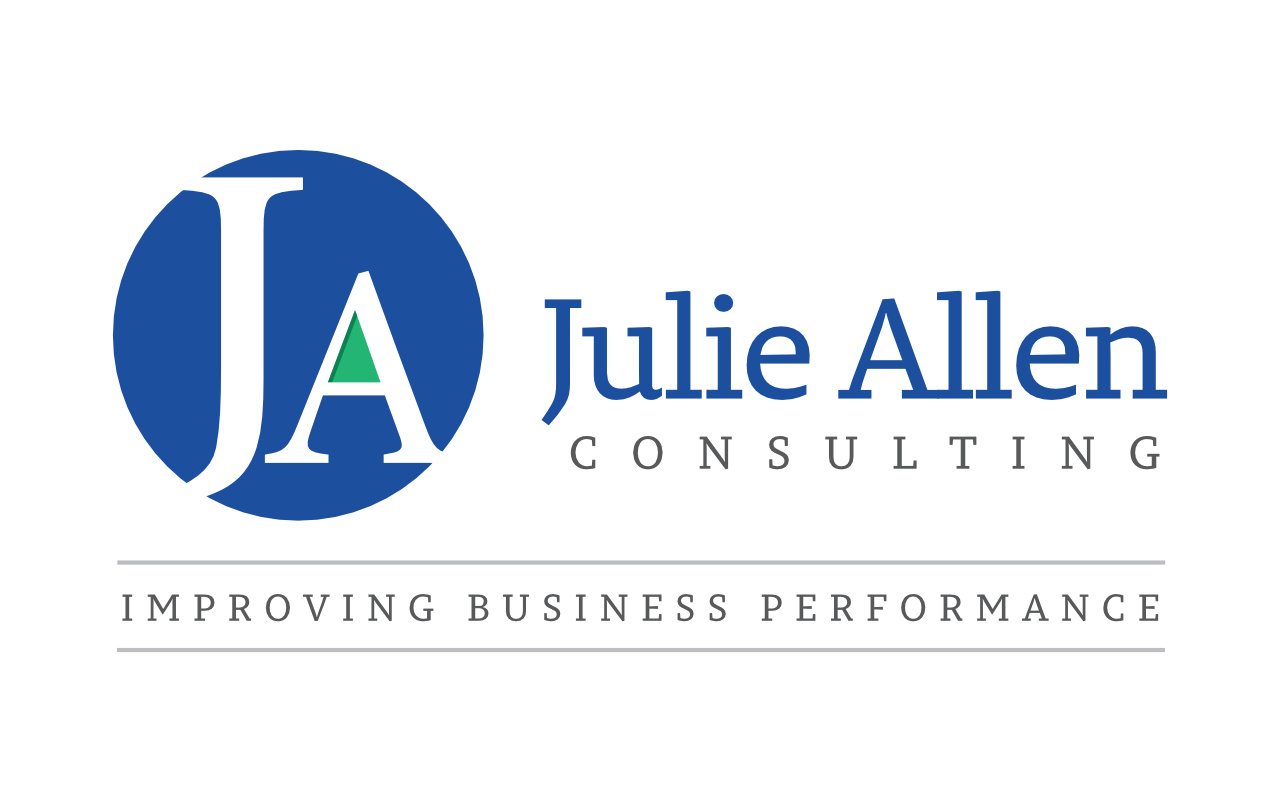Top HR Priorities for 2025: Navigating Change in the Workplace
As we approach 2025, HR leaders face unprecedented challenges in aligning their workforce strategies within evolving business landscapes. Based on the latest insights from Gartner's survey of over 1,400 HR leaders, several priorities have emerged that will shape how companies manage talent and transform their organisations.
Top HR Priorities for 2025
1. Leader and Manager Development
Leadership development continues to be the top priority. Many organisations struggle to prepare their leaders for the fast-paced changes in business, with 75% of HR leaders agreeing that managers are overwhelmed by growing responsibilities. Investment in leadership development is expected to rise, with a focus on equipping managers to handle transformation and change effectively.
Action Points:
Design leadership programmes that emphasise peer connections and practical application of skills.
Incorporate networking and real-world challenges into leadership training for better results.
2. Organisational Culture
Cultural alignment within organisations remains a challenge. Less than 25% of employees feel that their organisation's culture is embedded in everyday practices. This disconnect impacts engagement and performance. HR leaders should focus on translating company values into behaviours that are reflected in processes and daily work life.
Action Points:
Develop clear cultural values and ensure managers communicate these within their teams helping them to understand how we will and won’t work as a team.
Use scenario-based guidance to drive cultural change at all organisational levels.
3. Strategic Workforce Planning (SWP)
Strategic workforce planning is essential but underutilised with labour market shifts and talent shortages. Only 15% of organisations currently practice SWP effectively. The need for predicting future skills and aligning talent strategies with business goals will become critical in the years ahead.
Action Points:
Begin with small, manageable SWP projects and expand gradually.
Use data to identify and prioritise workforce planning initiatives that align with strategic business needs.
4. Change Management
The pace of organisational change is causing fatigue among employees. Around 73% of HR leaders report that employees are overwhelmed by constant change, and communication strategies often fail to engage teams. Prioritising changes based on their impact and ensuring managers are equipped to lead these changes is key to maintaining productivity and engagement.
Action Points:
Collaborate with leaders to prioritise changes based on organisational readiness and value.
Leverage influencer networks within the company to foster better change adoption.
5. HR Technology
HR technology is evolving rapidly, but many organisations struggle to get the best out of new tools. Generative AI (GenAI) is poised to transform HR processes, from talent analytics to employee-facing chatbots. However, 51% of HR leaders report that current HR technology does not meet future business needs.
Action Points:
Focus on HR technology that delivers strategic business outcomes rather than simple automation.
Build transparent relationships with tech vendors to co-create value and stay ahead of tech trends.
Conclusion: Preparing for 2025
Organisations will need to be proactive in addressing these challenges by focusing on leadership development, embedding culture, enhancing strategic workforce planning, managing change effectively, and leveraging the right technology. By prioritising these areas, organisations can stay competitive in an evolving business landscape and build a resilient, future-ready workforce.
Looking for Inspiration?
Do you want practical tips and inspiration to improve your people practices?
Click the button below to subscribe to my fortnightly email, offering insights on leadership and values.
